Friendship and Quarantine
Healthy friendships are crucial to combating the hopelessness and disconnection of quarantine, but with most interactions occurring through screens it takes special effort to uphold such relationships.
April 14, 2021
The past few months of self-quarantine have surely taken a toll; at times it feels difficult to continue, even knowing that each precaution is for the safety of ourselves and others. After all, the current situation calls for us to distance ourselves from loved ones outside of immediate residence.
Quarantine had limited social connections with the closure of most gathering spaces; government mandates had made it nearly impossible to meet up at restaurants, malls, or theme parks. Lately restrictions have begun to loosen up with the release of the vaccine, but it is undeniable that the global pandemic has stopped many from keeping in touch with friends and family. This feeling of being cut off from the world contributes to the collective increased mental strain; in fact, CDC reports that “symptoms of anxiety disorder and depressive disorder increased considerably in the United States during April–June of 2020.”
Healthy friendships obviously play a big part in caring for personal mental health. Other than offering each other support, SAMHSA (Substance Abuse and Mental Health Services Administration) says “reaching out to people you trust is one of the best ways to reduce anxiety, depression, loneliness and boredom during quarantine.” The comfort and sense of belonging presented by friendships creates a support system that proves to be invaluable when faced with destabilizing stay-at-home orders. The possibility of losing that network of people is just one aspect of life upended by quarantine.
It may take some extra effort under present circumstances, but taking the initiative to reach out truly shows how much one cares. It is all too easy to lose contact with those we are close to, as regular conversation via digital means requires conscious effort. Without daily or casual in-person contact, it is much more difficult for interactions to be carried out naturally- or as often as it had before quarantine. Angelina Pintang (10) shares that “many things have changed with my old friends. I find myself not talking to them as much as I used to which ponders me because I used to talk to them on a day-to-day basis. I have also tried starting multiple conversations but have not received the same energy back as I used to.”
It is not unusual that upholding efforts to communicate may give way to insecurities; at times one may doubt whether the want to stay in touch is mutual. Since the initial closure in March it is likely many have been reminded of the impermanence of our own connections.
Still, literal quarantine does not have to become emotional quarantine, and friendships offer reprieve from the political and societal turmoil incited by COVID-19. Although physical distancing requires most contact to be limited to the internet, it is entirely possible to build genuine bonds through online means- even strengthening and maintaining existing ones.
While physical closeness remains impossible, those such as Angelina Pintang (10) are grateful for the online presence and connectivity that social media provides. Pintang says “I thank my phone because without it I wouldn’t have been able to contact them or even meet some of my friends. Social media has helped me out the most with meeting new people and staying in contact with others. I truly am thankful for it.” In addition, chatting platforms such as Discord, Line, FaceTime, Skype, Houseparty, or even Zoom have helped prove that relationships can grow during this chaotic time.
To continue to look on the brighter side of things, the state of national emergency also gives the opportunity to interact beyond surface level. Bonding over shared experience (however unfortunate it may be) can lead to deeper connections, which are truly crucial to grounding ourselves despite uncertainty.
Hopefully many have come to the same conclusion as Pintang that “quarantine has been a blessing in disguise because I have been given the opportunity to make more friends… Although this time has been rough I still have been able to find a positive outcome” Angelina Pintang (10). Relationship-wise it may be difficult to find such positive outcomes, but friends who make time and put effort into staying close are more likely to become integral parts of ourselves. Ultimately relationships that survive the strain of quarantine will prove to be even stronger; after all, no one has a need for fair-weathered friends.


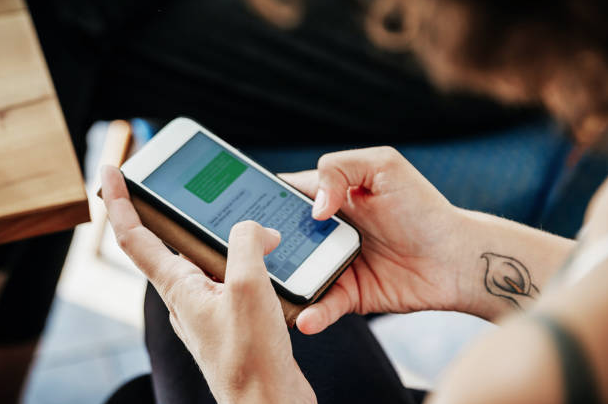
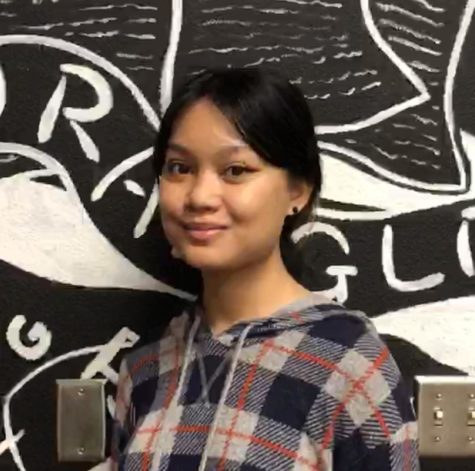











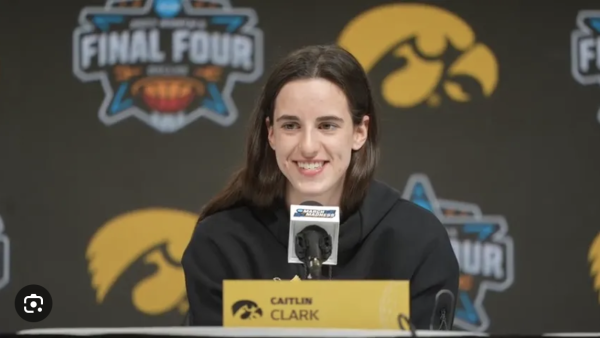
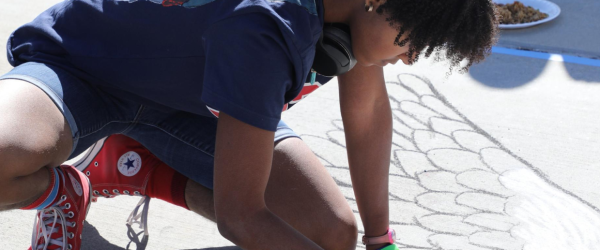


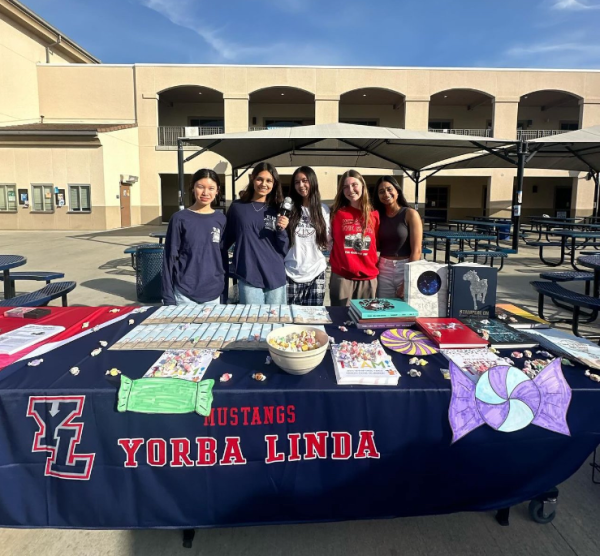

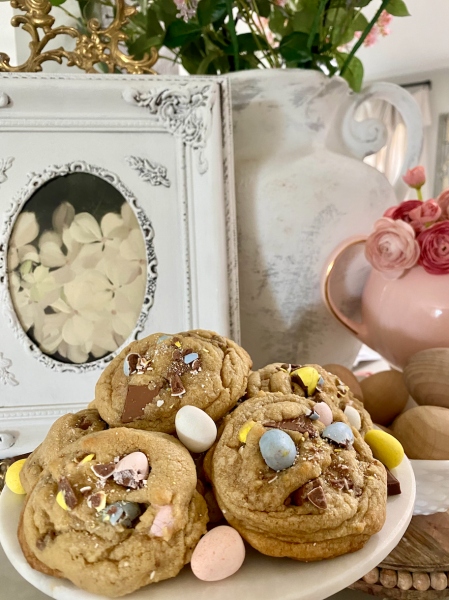

Fiona Salisbury • May 14, 2021 at 9:49 PM
Great article! I agree with many of the points about how maintaining friendships has become significantly harder, but the friendships that have lasted are stronger.
Karina Shah • May 3, 2021 at 10:00 PM
I have learned a lot about my friends that I was not close to before quarantine too! I think throughout our time isolated some connections have gotten stronger.
Suhani Bhanvadia • May 3, 2021 at 5:38 PM
Great article! I have definitely found myself feeling more lonely during quarantine. However, quarantine has also made some friendships stronger which is good to hear.
Kylie de Best • May 2, 2021 at 11:51 AM
My phone has helped me stay connected with my friends, as during these times it is harder to see them in person. I also agree with how it is harder to meet new people too.
Anita Tun • Apr 29, 2021 at 11:18 PM
Great article! During quarantine since I can’t physically see my friends, I have mostly used my phone to stay connected with them.
Kayden Mandley • Apr 25, 2021 at 10:03 PM
Awesome topic, Emily! I will admit, my own friendships have definitely been effected because of the pandemic, so it’s nice to read something that I really relate to. Great article!
Nikole Galea • Apr 25, 2021 at 9:49 PM
Great article Emily! I know continuing socialization while distancing is quite difficult but luckily we had technology to rely on to stay connected.
Emma Perron • Apr 18, 2021 at 9:02 PM
During quarantine friendships were made online and some of those friendships for people saved them and made them feel okay again. I think quarantine was good for some things and friendships was definitely one of the better things about quarantine.
danielle huizar • Apr 17, 2021 at 8:47 PM
I likes how this article included how friendships and socialization was limited because of quarantine. Currently, I feel really lonely, as I do not see my friends a lot, and I believe quarantine and social distancing have had a huge effect on that.
Sharon Sun • Apr 17, 2021 at 7:46 PM
Quarantine has definitely affected my ability to physically connect with a lot of my friends, so my relationships have definitely felt the effects of quarantine. However, I definitely agree with Angelina — a lot of friends I know found ways to connect with new people through the expanse of social media platforms. Great article Emily!
Tiana Salisbury • Apr 16, 2021 at 1:17 PM
I have definitely noticed that some of my friendships have grown stronger over quarantine. Although it became much more difficult to meet new people, I was able to appreciate my current friendships.
Paige Reddick • Apr 16, 2021 at 10:19 AM
This is a great article, Emily! With limited opportunities for social interaction, fostering healthy friendships is extremely important for one’s wellbeing.
Fiona Salisbury • Apr 15, 2021 at 8:28 PM
This was a really well-written article. I agree that it has been harder to start friendships this year, but I also agree that my friendships are stronger because of quarantine. I also agree that my phone has helped me stay connected with my peers.